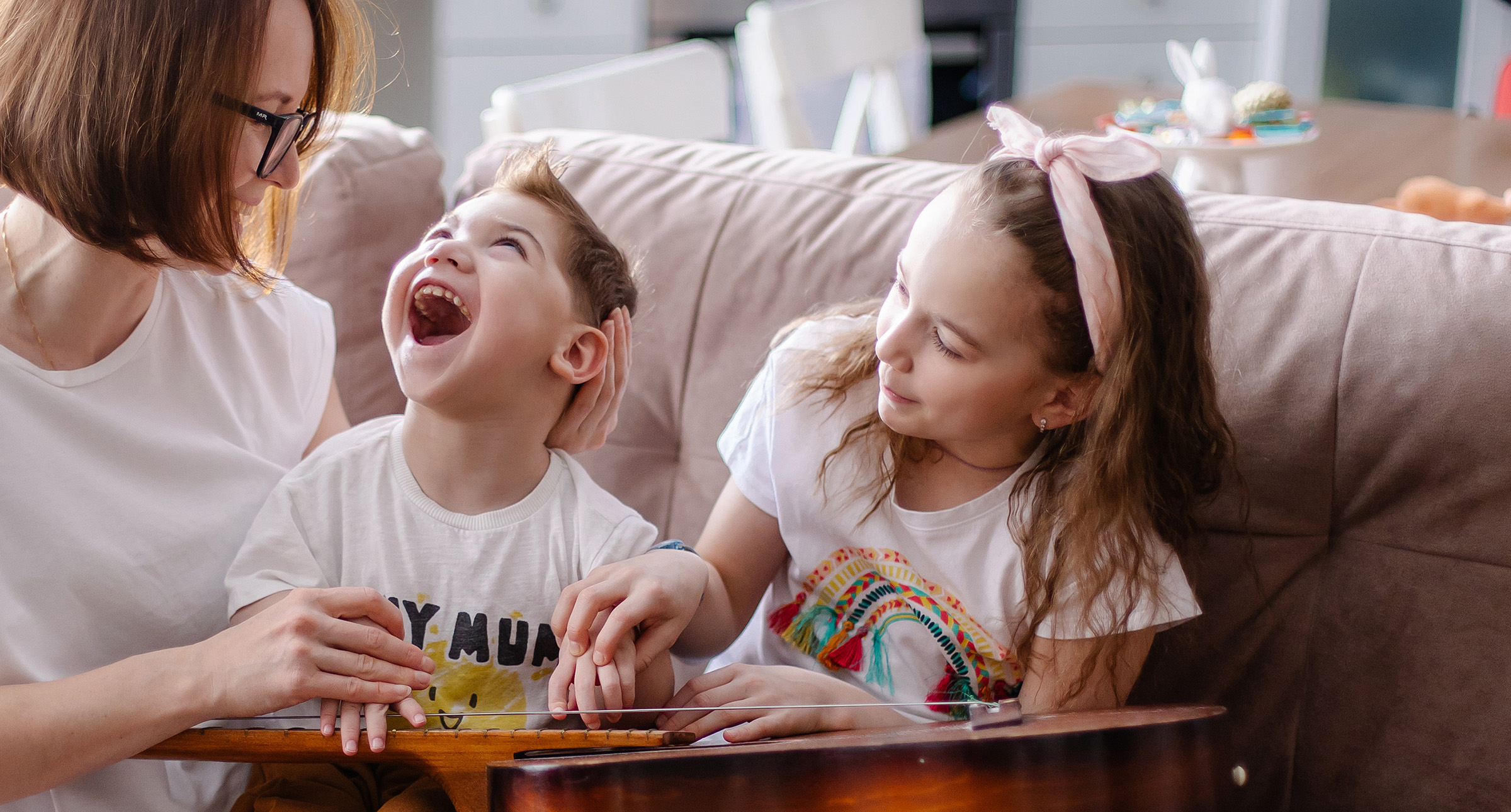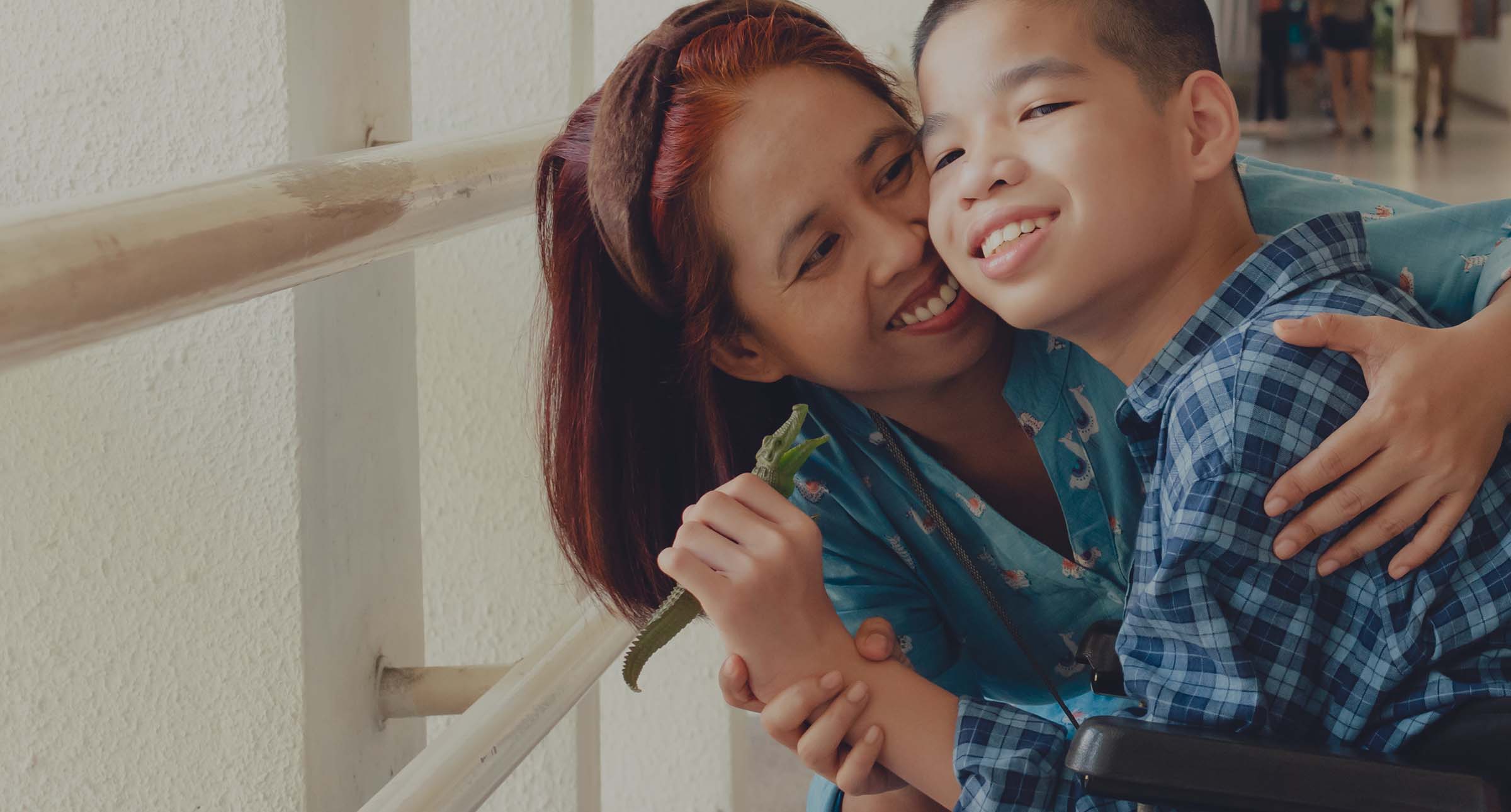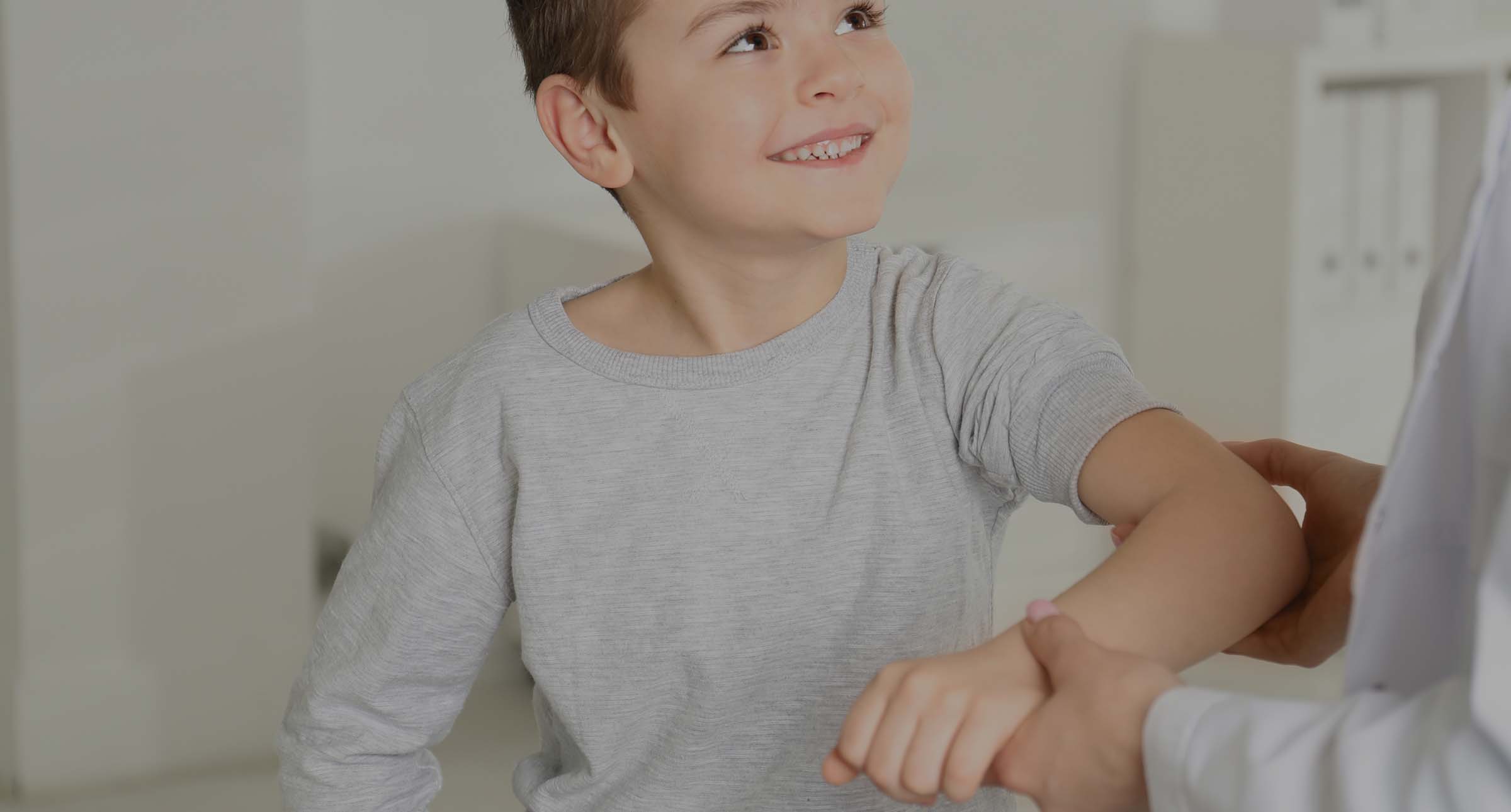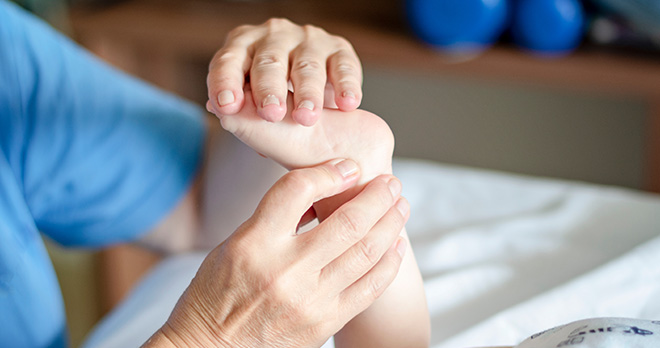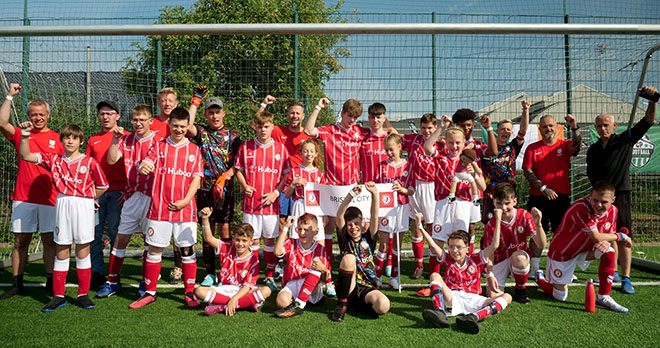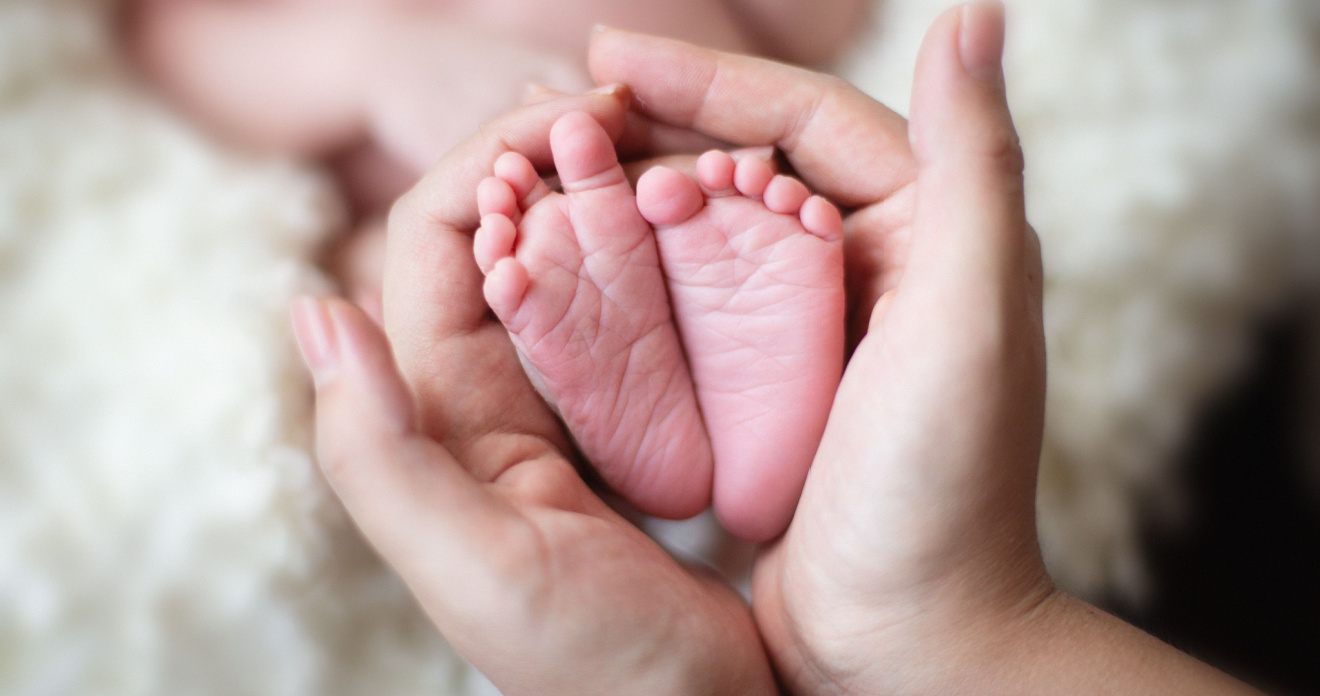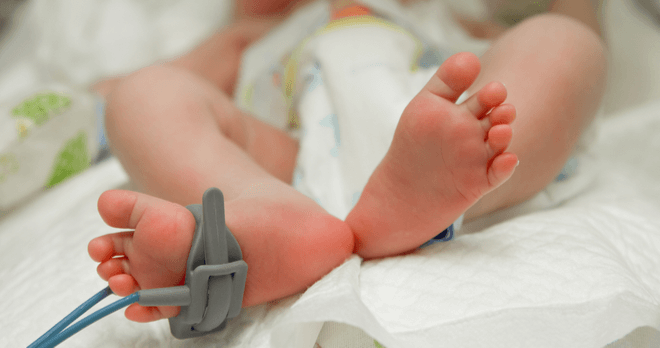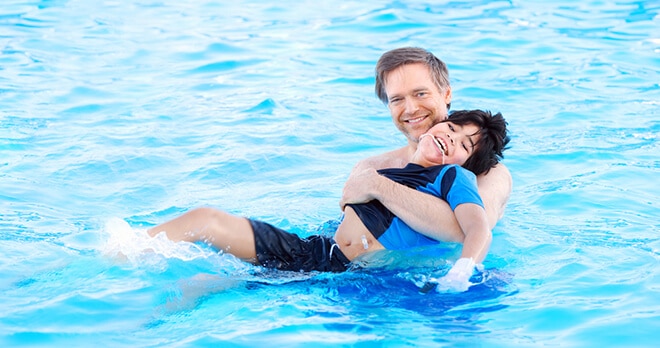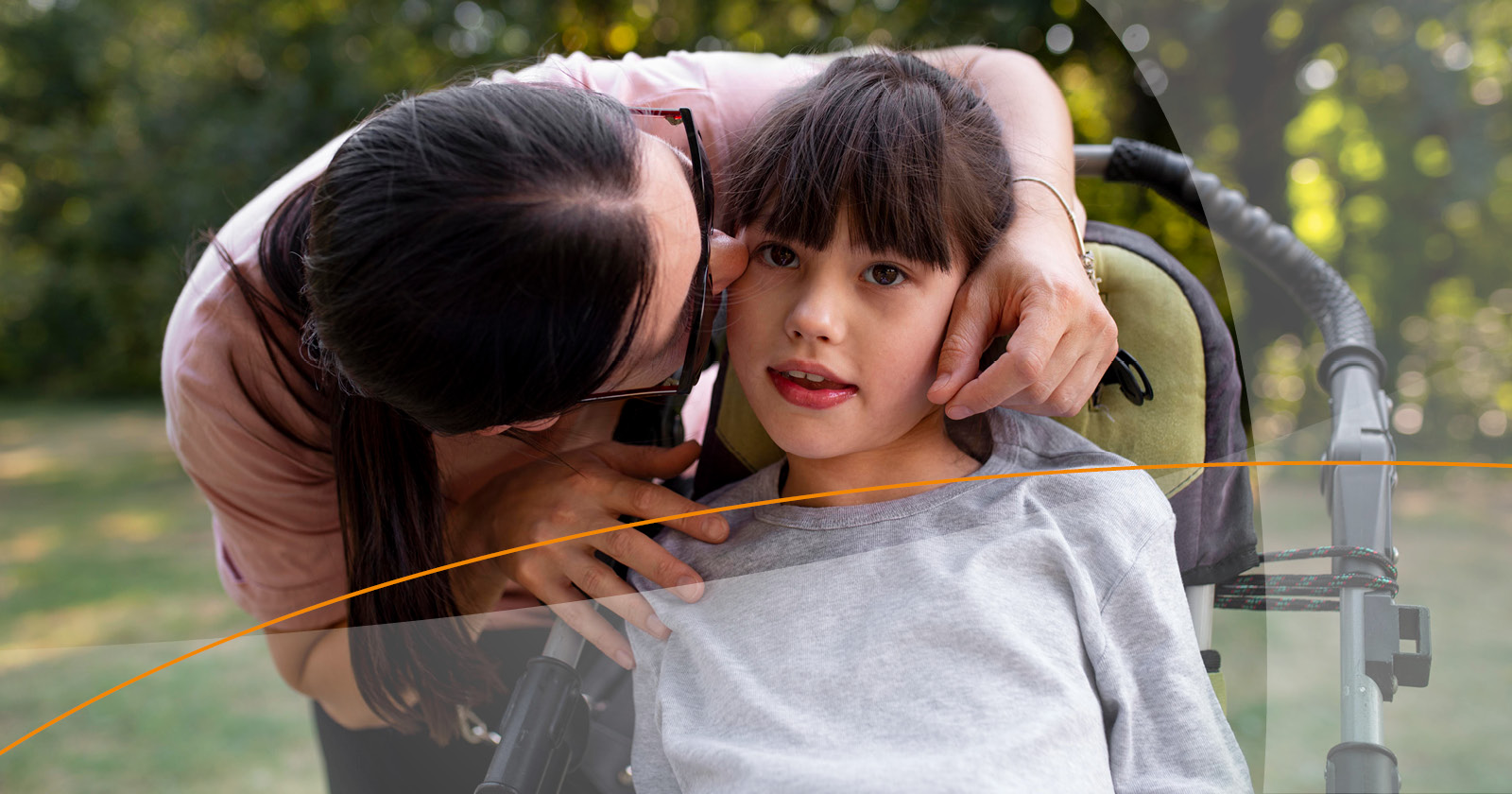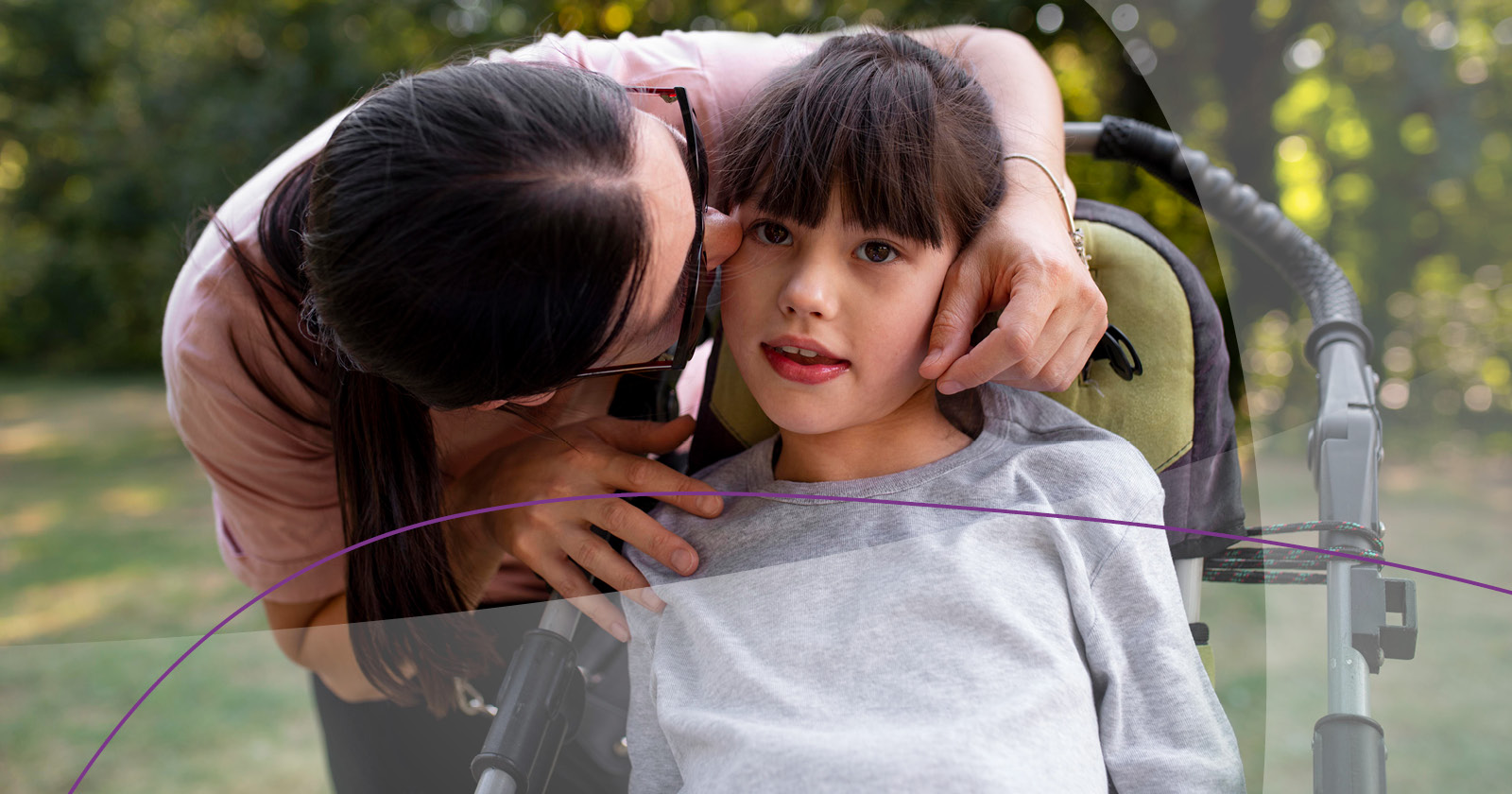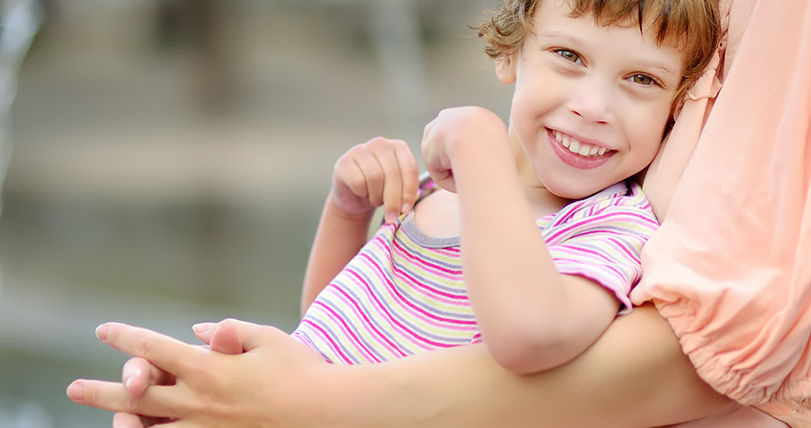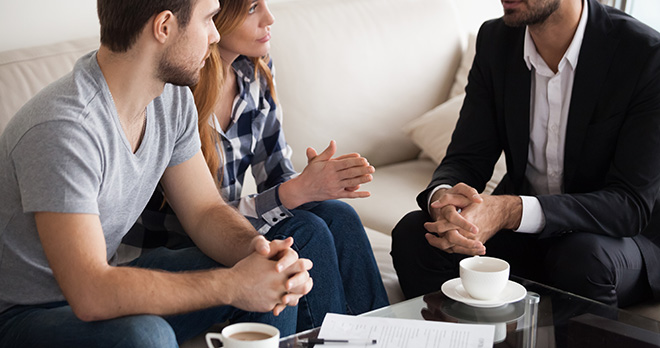Four ways play therapy can help kids with cerebral palsy
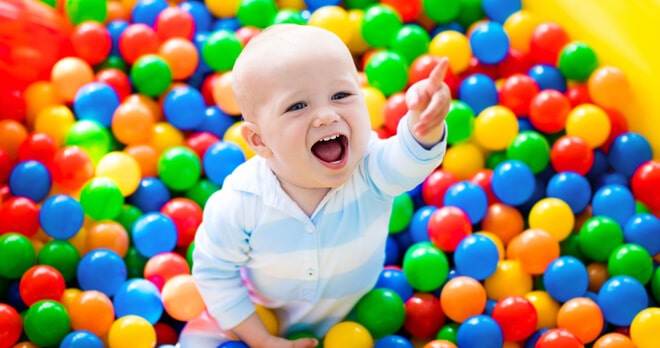
At the moment Gympanzees is run as a ‘pop up’ leisure facility but the ultimate goal is to raise enough funds for it to be permanent, offering leisure and recreation opportunities for children and young people with disabilities and their families seven days a week.
Gympanzees was founded by Stephanie Wheen, a physiotherapist who is very experienced in working with children and young people with disabilities. She also has personal experience of what it is like for children with disabilities and their families as her brother is disabled.
There is a real need for facilities such as Gympanzees for a variety of reasons, we outline them here, and Stephanie Wheen has kindly added her own comments on how she sees things:
Play
Children love to play, participate and interact with others and it is so important for every child to do.
For children with cerebral palsy and other disabilities it can sometimes not be as easy to play due to there not being play facilities (such as soft play centres) that are easily accessible, or play centres not being safe for them. Children find a sense of belonging and acceptance through participation and play and it is a vital part of their development.
Gympanzees have sessions open to siblings of disabled children to allow the family a unique chance to play together. 100% of siblings who visited the pop up were able to play with their disabled sibling at Gympanzees. We also have some very special play moments including a 3 year old boy having their first ever laugh being bounced on the trampoline with their mum.
Exercise
Research has shown that disabled children are half as likely to be active than non-disabled children. Inactivity has been shown to have a negative effect on health and wellbeing of everyone and disabled children are no exception. It is, however, very hard for children with disabilities like cerebral palsy to be active and get the physical exercise that they require.
In children with cerebral palsy, for example, appropriate input from a physiotherapist can help improve motor skills and can prevent motor problems from getting worse over time. Physiotherapy available on the NHS is often relatively limited and although private physiotherapy is available, the costs otherwise involved mean it is not always a viable option for many.
Some parents and their children can often be left without the support and input that they need. Opportunities for physical activity and exercise in the community are hardly ever available for children with such disabilities and so there is a real gap which centres like this can fill.
At the pop up, Gympanzees have some amazing equipment in the gym, where children can really work on getting some exercise. But the rest of our rooms allow for exercise in a way that many of the children do not realise they’re exercising at all. Playing with equipment and with friends having fun, but vitally, moving and being active. Gympanzees had a child at their Easter Pop Up who normally can only walk in a frame with her mum facilitating her legs take 5 independent steps in her frame. Another parent expressed that their child had done more exercise in his one and a half hour session than he would usually do in 10 weeks.
Social
A huge problem that parents of children with disabilities face is isolation. Many want to meet other parents of disabled children and feel it is important for their children to meet other children with disabilities too.
At Gympanzees whole families can visit together, siblings are welcome and there is also a café. This type of facility means that families can have fun together away from some of the strains of home.
One regular visitor of Gympanzees had their first birthday party out of the house to celebrate turning 5. They hired out the entire centre where their friends with CP and other disabilities were able to come together and play, whilst their parents got to socialise and celebrate.
Access to equipment
Gympanzees is made up of a number of spaces that can be used interchangeably to suit an individual’s needs. It is made up of a gym, music room, indoor playground, soft-play room, two sensory rooms (one calming and one stimulating) and a trampoline room, enabling children to access a variety of equipment that most people do not have available at home.
Gympanzees has a range of specialist equipment that children and young people can use that they would not normally have access to. For example, the Innowalk, which is a robotic standing device allowing children with even the most severe physical disabilities to stand and move by offering support. This piece of equipment allows them to experience repetitive, comfortable, weight-bearing movement against gravity.
Parents are able to see what equipment their children can access and enjoy using and then try and replicate these at home. One child who used the Innowalk machine regularly at the Pop Ups decided to crowdfund to buy one for their home. They managed to complete this in only two weeks. However, not everyone can access the same funding and so having access to Gympanzees multitude of equipment allows their children to explore new things.
Therapy can come in a variety of forms, and play therapy is a great example of the creative forms it can take; vital to the development of children with disabilities like cerebral palsy.
Our specialist team of birth injury solicitors are here to help when a child has developed cerebral palsy as a result of a negligent birth injury. Contact our enquiries team to find out more.
Call now
